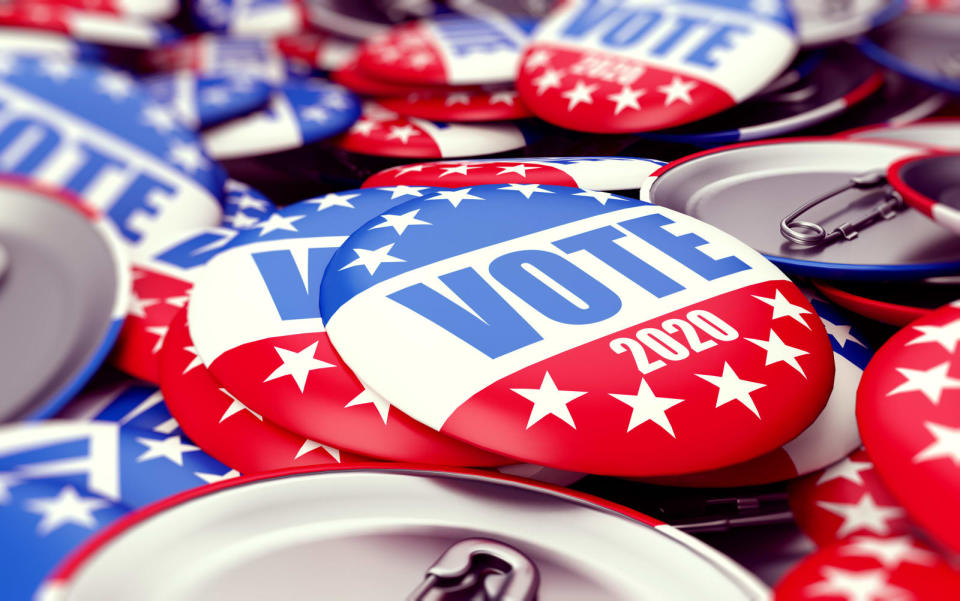Twitter will let you report posts aimed at suppressing voters
It will turn the reporting feature on around 'key moments' of the 2020 US election.
Twitter is rolling out another tool meant to protect the 2020 US election. Today, it announced that during "key moments" of the election users will be able to report misleading information about how to participate in an election or other civic event. Users will be able to specify whether the misinformation contains false info about how or where to vote or register, if it intends to suppress or intimidate people from voting or if someone is misrepresenting their affiliation with a candidate, party, etc.
We're turning on a tool for key moments of the 2020 US election that enables people to report misleading information about how to participate in an election or other civic event. pic.twitter.com/BxHAiLSWjG
— Twitter Safety (@TwitterSafety) January 30, 2020
Hopefully this will deter foul play like we say in 2016 when a series of tweets promoted a "vote by text message" hoax. Twitter removed the tweets, but it took longer than it should have because the platform originally said they didn't violate Twitter Rules. That wasn't the only scheme to confuse and mislead voters ahead of the 2016 election, either. Hopefully this time around, Twitter and the rest of the internet will be better prepared.
Last month, Twitter said it would bring back election candidate labels for the upcoming 2020 races. As it did during the 2018 midterms, Twitter will label candidates running for governor, US Senate or House of Representatives to help increase the visibility of political tweets. Doing so may also serve as another layer of verification.

 Yahoo Finance
Yahoo Finance 

